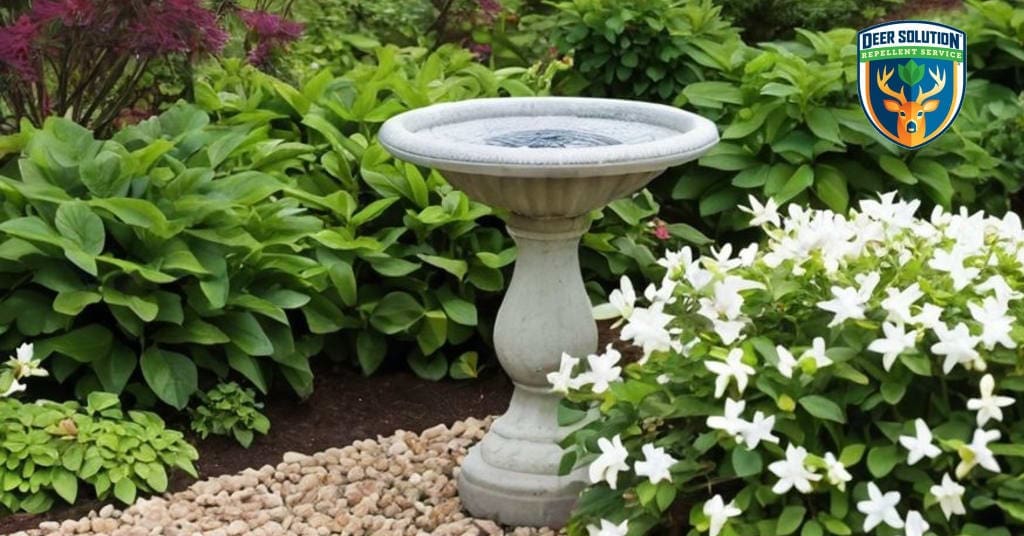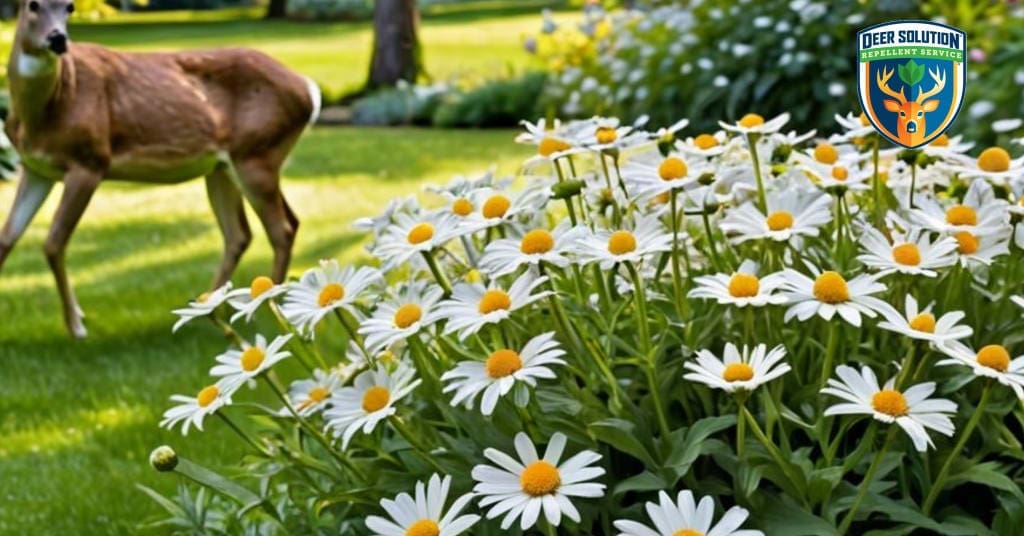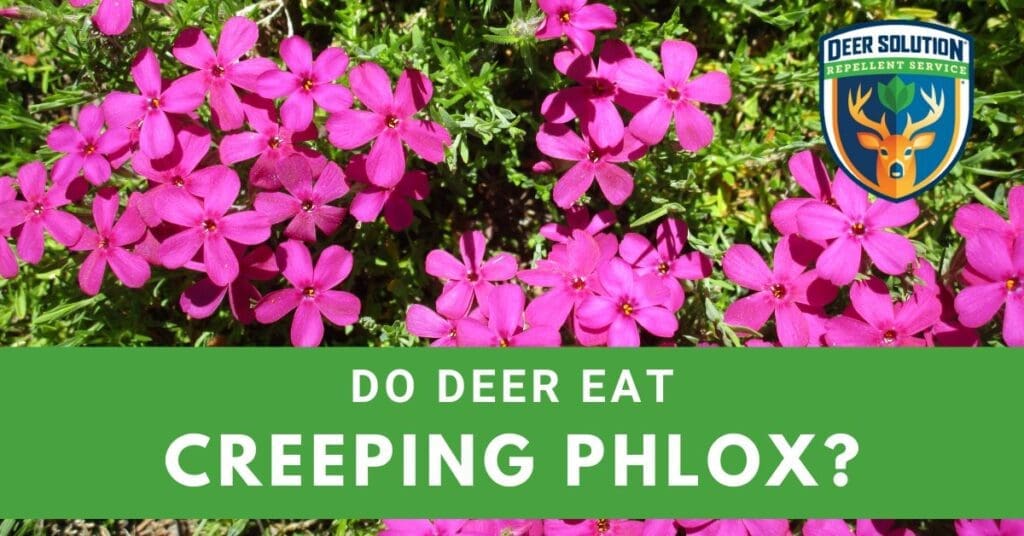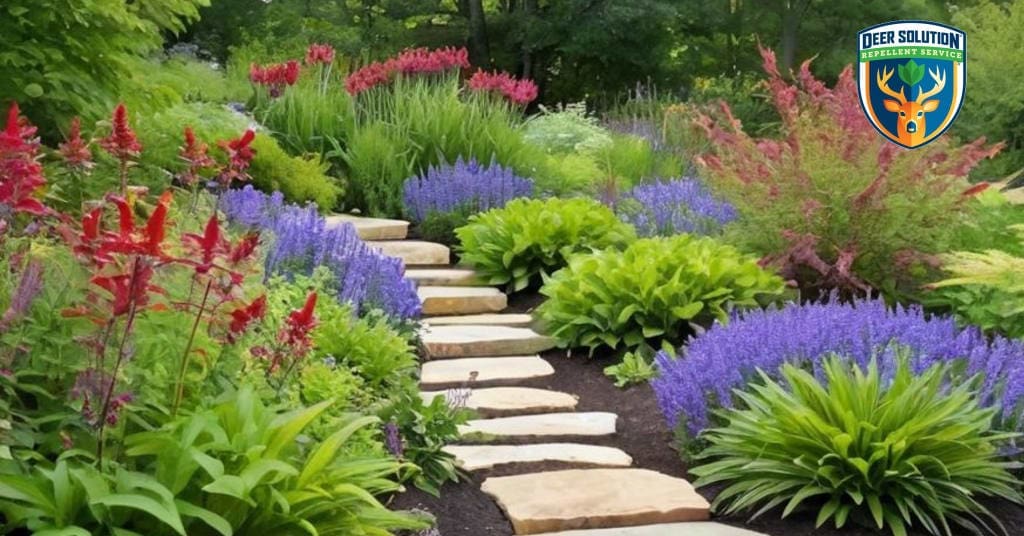As nature enthusiasts, we can appreciate the beauty of both the majestic deer and the vibrant Great Blue Lobelias in our gardens. However, a common concern that arises is, ‘do deer eat Great Blue Lobelias?’ Understanding deer dietary preferences can help in creating a garden that co-exists harmoniously with our local wildlife, which is a goal many gardeners strive to achieve.
Deer Diets: An Overview
Deer are selective browsers, known for their ability to pick and choose their meals. They feed on a variety of vegetation, including leaves, twigs, fruits, and flowers. Deer diets vary greatly depending on the availability of food sources in their habitats. In the spring and summer, they may enjoy tender shoots and leafy greens, while in the fall, they often seek out acorns and other nuts. During the harsh winter months, their diet shifts to whatever is available, which can include the bark of trees. However, certain plants like the Great Blue Lobelia are less appealing to them, which can be a relief to gardeners who favor these plants.
Great Blue Lobelias: A Deer-Resistant Plant?
The Great Blue Lobelia, also known as Lobelia siphilitica, is a perennial plant that boasts striking blue flowers. This plant is often a favorite among gardeners for its vibrant color and its ability to attract pollinators like butterflies and bees. But is it a favorite of deer too? The answer is, not particularly.
While deer are known to graze on a broad selection of vegetation, Great Blue Lobelias are generally not their first choice. The plant’s strong, peppery taste and the presence of certain compounds, which may be toxic or simply distasteful to deer, make it less appealing to these foragers. Therefore, if you’re wondering, ‘do deer eat Great Blue Lobelias?’, the likelihood is relatively low, which is good news for those looking to maintain the integrity of their garden’s design.
Creating a Deer-Resistant Garden
Using deer-resistant plants is an excellent strategy for minimizing deer damage in your garden. Incorporation of plants like the Great Blue Lobelia, along with other deer-resistant varieties such as lavender, or marigolds, can help deter deer, safeguarding your garden’s overall aesthetic appeal. These plants not only provide a beautiful display but also contribute to a biodiverse environment that supports local ecosystems.
However, it’s essential to remember that no plant is completely deer-proof. During periods of scarce food supply, such as a particularly harsh winter or a drought, deer may still opt to eat plants they would otherwise avoid. This can be especially true in suburban areas where natural habitats are limited, and deer populations may be higher. Therefore, a multi-faceted approach that combines the use of deer-resistant plants, physical barriers like fencing, and eco-friendly deer repellent services can offer the best protection for your garden.
Deer Solution’s Eco-Friendly Approach
At Deer Solution, we specialize in offering a proprietary eco-friendly repellent spraying service. Our approach combines insights into deer behavior with sustainable practices to effectively deter deer without causing harm to the environment or the deer themselves. We understand that maintaining a beautiful garden should not come at the expense of local wildlife or the health of our planet.
Our service focuses on regular application of a specially formulated, non-toxic spray on your garden plants. This method helps minimize deer attraction to your garden, ensuring your beautiful Great Blue Lobelias and other beloved plants remain unscathed. The repellent is designed to be long-lasting and is applied by our trained professionals who understand the nuances of deer behavior and plant care.
In conclusion, while deer might not be the biggest fans of Great Blue Lobelias, it’s best to stay prepared. A deer-resistant garden combined with Deer Solution’s eco-friendly repellent service can ensure your garden stays lush and vibrant, co-existing harmoniously with our local wildlife. By taking these proactive steps, you can enjoy the dual benefits of a thriving garden and the presence of wildlife, without the worry of your hard work being undone by deer. With the right planning and support, your garden can become a sanctuary for both you and the local fauna.











